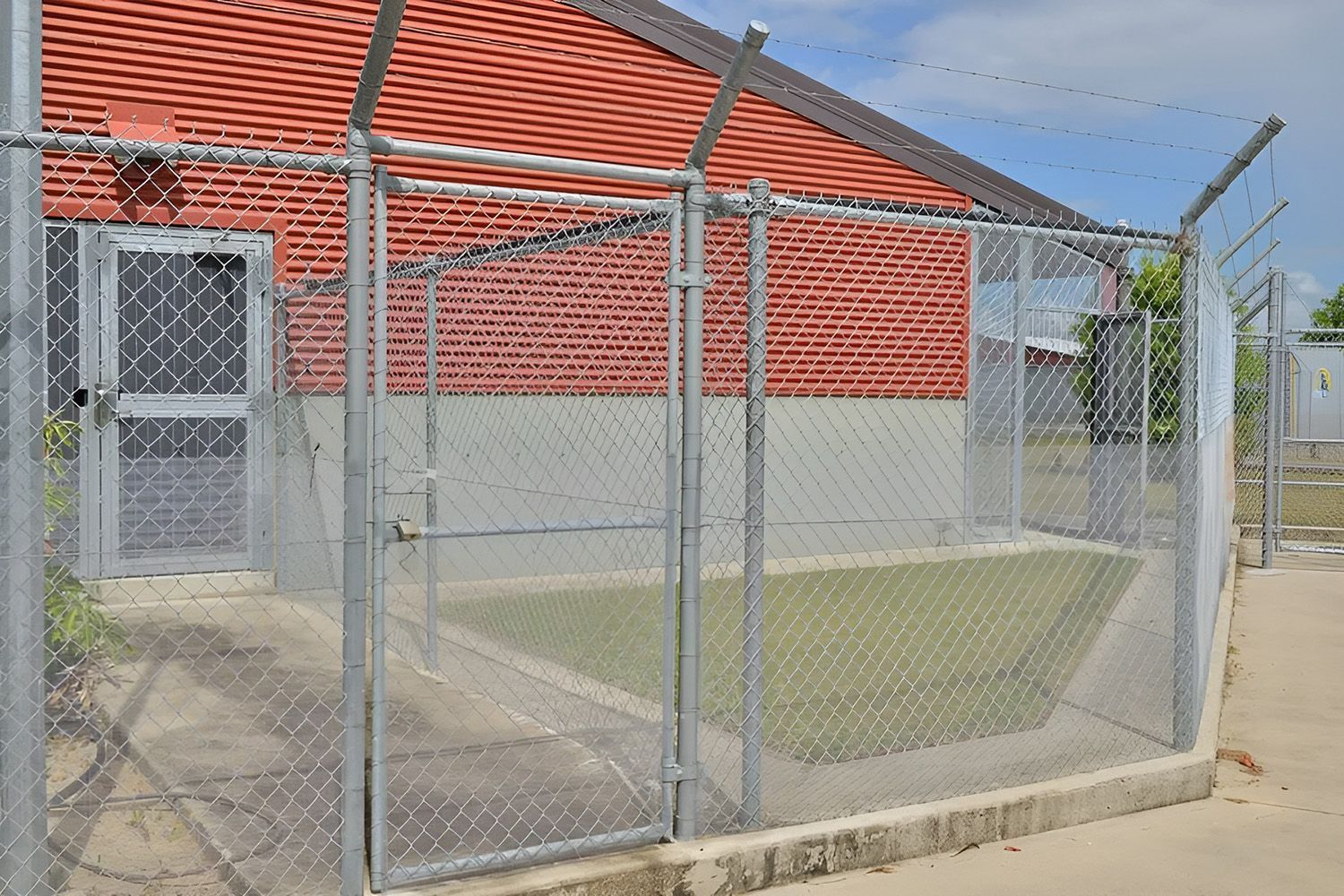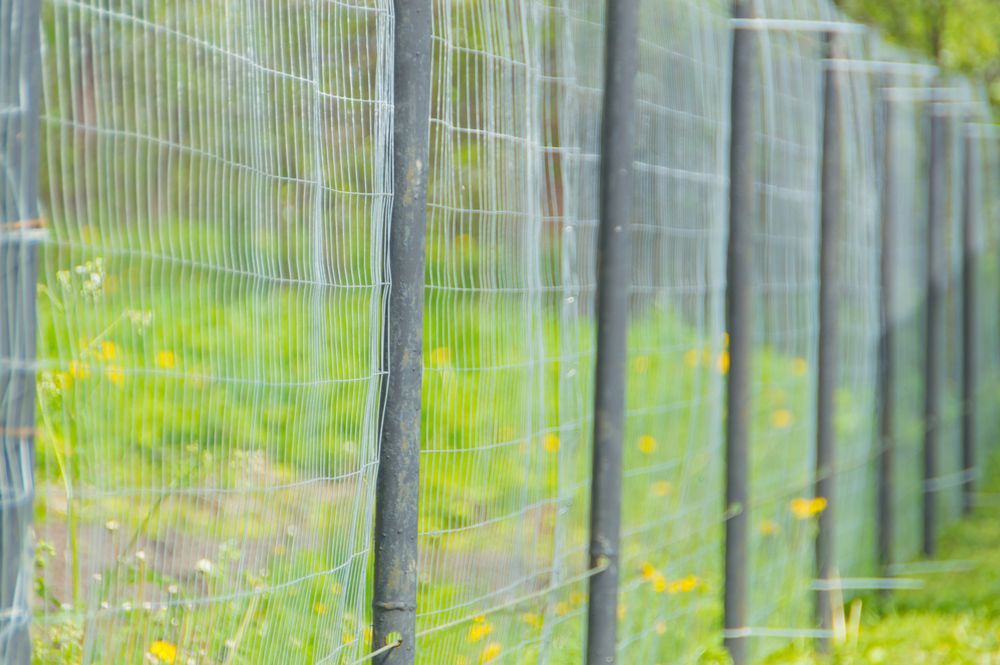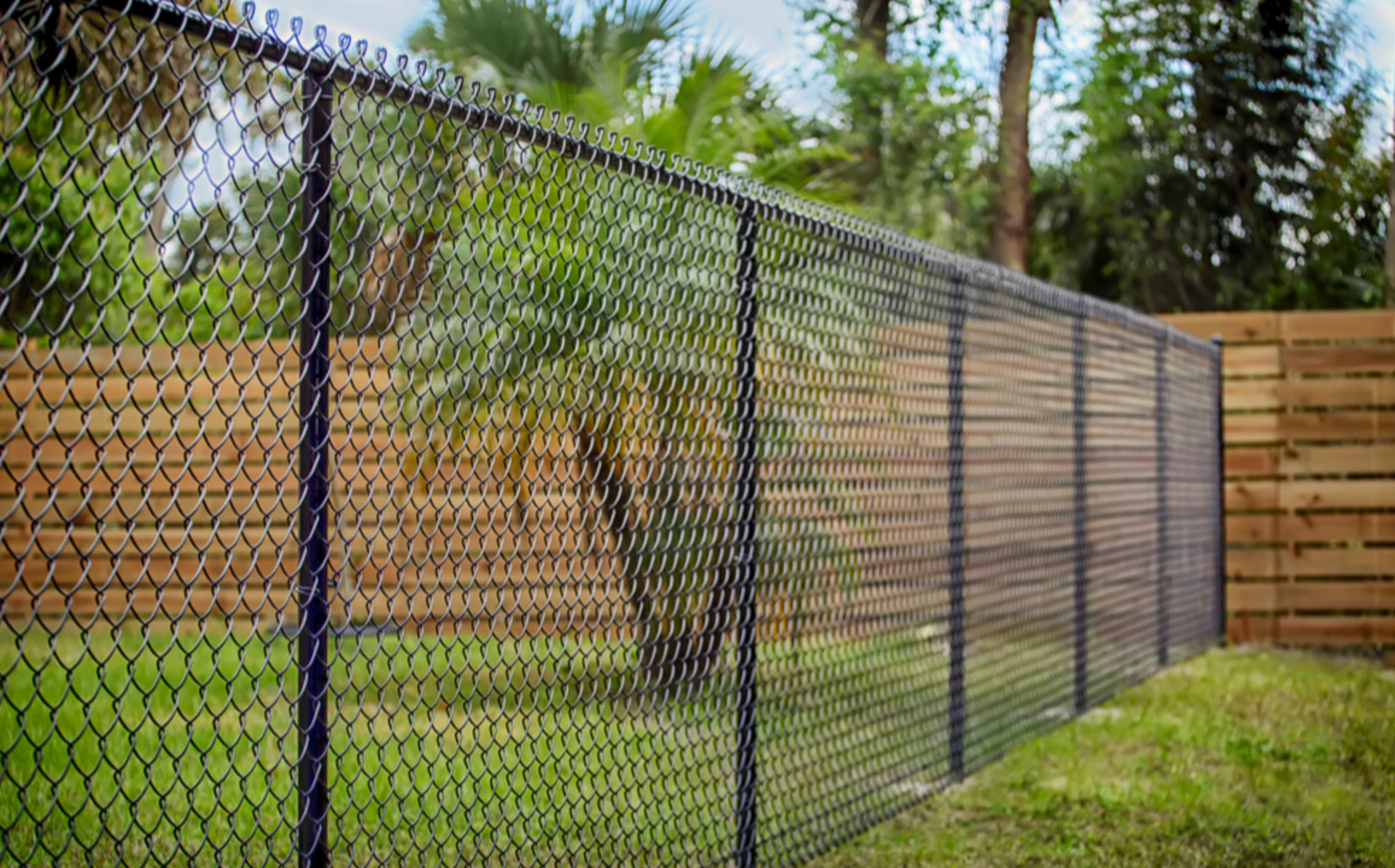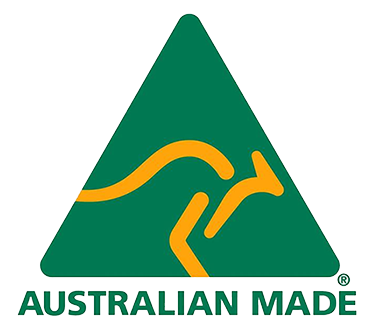Why Chain Wire Fencing Often Sags And How To Prevent It
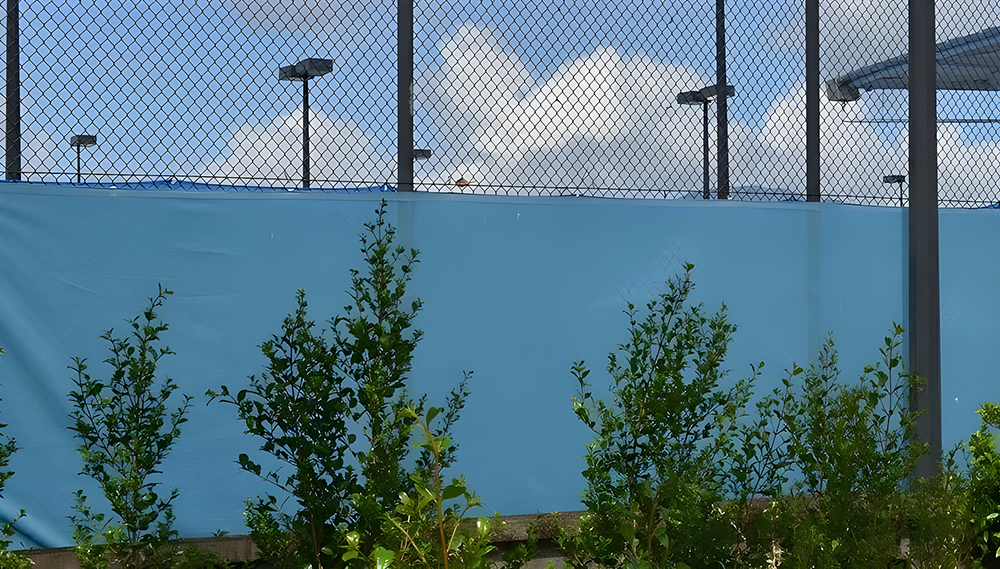
Chain wire fencing is a popular choice for both residential and commercial properties across Townsville due to its affordability, flexibility, and visibility. Whether you’re enclosing a backyard, sporting facility or industrial site, it’s a practical solution. However, one issue that many property owners face is sagging. Over time, the fence may begin to droop, look untidy, or lose its strength—raising questions about durability and installation methods.
If you’ve ever wondered why chain wire fences sag or how to avoid it, this guide explains the causes and offers practical advice for achieving long-lasting results using high-quality fencing supplies in Townsville.
Understanding Why Chain Wire Fencing Sags Over Time
Even well-installed chain wire fences can eventually begin to sag due to environmental pressures, daily wear and natural material fatigue. This is especially common in hot, humid, or shifting climates, such as Townsville.
Some of the most common reasons fences start sagging include:
- Constant sun exposure can weaken the wire tension, causing it to stretch slightly over time.
- Soil movement, whether caused by heavy rain or prolonged drought, can cause posts to shift or lean.
- Repeated pressure from pets, vegetation, or wind loads may cause the mesh to shift out of line.
- Lack of regular maintenance, such as re-tightening wires or replacing loose ties, can lead to gradual deformation.
Understanding these environmental influences is the first step to preventing long-term sagging in
Townsville fencing installations.
Common Installation Mistakes That Lead to Sagging
While weather is a factor, many cases of sagging are due to installation errors. A chain wire fence must be tensioned and supported correctly from the start to stay upright and tight.
Here are some common installation mistakes that increase the likelihood of sagging:
- Incorrect post spacing can reduce stability, especially if spans are too wide for the mesh to support itself.
- End posts that are not braced or concreted correctly may lean under tension, causing the wire to slacken.
- Loose-tying wire or wire clips can fail to hold the mesh firmly to the supporting rails.
- Lack of proper tensioning equipment during installation can result in uneven or under-tensioned fencing.
Professional fencing teams and DIYers alike must take care to avoid these shortcuts when setting up new Townsville fencing systems.
How Material Quality Affects Fence Stability
Not all chain wire fencing is created equal. Choosing the right materials makes a significant difference in long-term performance. Low-grade mesh or fittings might save money initially, but they often stretch, rust or fail sooner—leading to sagging and extra repairs.
The quality of your fencing supplies in Townsville will directly influence your fence's durability because:
- Lighter gauge mesh tends to stretch and distort more easily than heavier alternatives.
- Non-galvanised or poorly treated wire is more susceptible to corrosion, particularly in coastal areas.
- Thin or poorly coated fence posts are more prone to bending under tension.
- Budget-straining gear and fittings may wear out quickly or fail under stress.
Investing in durable, locally sourced materials ensures your fence is built to withstand Townsville’s climate and conditions.
The Long-Term Risks of a Sagging Chain Wire Fence
A sagging fence isn’t just an eyesore—it can lead to more serious issues if ignored. Whether the fence is there for security, safety or privacy, structural instability undermines its purpose.
Here are some long-term risks associated with neglecting a sagging chain wire fence:
- Reduced perimeter security can allow pets to escape or unauthorised access to occur.
- Weakened structure increases the risk of total collapse during storms or high winds.
- Poor presentation can reduce the visual appeal or perceived value of your property.
- Ongoing maintenance costs increase as sagging accelerates or damages other components like gates or posts.
Addressing sag early or building with better materials from the start helps avoid these problems entirely.
Tips for Preventing Chain Wire Sag in New Installations
If you're planning a new chain wire fence, taking the time to install it properly will save you frustration down the track. A few extra steps during setup can mean years of low-maintenance performance.
Here’s how to prevent sagging from day one:
- Always use a tensioning tool or turnbuckle system to ensure the mesh is tightly strung between posts.
- Space posts no further than recommended (typically around 2.4 to 3 metres) for adequate support.
- Anchor end and corner posts with concrete and diagonal bracing to resist pull-in forces.
- Choose durable mesh with an appropriate gauge and galvanisation suited for Townsville fencing conditions.
- Securely attach the chain wire to the top and bottom rails with proper ties or clips to maintain alignment.
Prevention starts with quality products and sound technique—something every fence line benefits from.
How to Fix a Sagging Chain Wire Fence Without Full Replacement
If your fence is already showing signs of sagging, you may not need a full replacement. In many cases, sagging can be corrected through re-tensioning, reinforcement or strategic part replacement.
You can often fix a sagging chain wire fence by following these steps:
- Use a come-along winch or tensioning tool to pull the mesh tight again between posts.
- Add or replace turnbuckles or wire strainers if the original fittings have loosened or failed.
- Drive new support stakes or intermediate posts into areas that have started to dip or lean.
- Reinforce gate areas with extra bracing where movement may be causing mesh slack.
- Consider replacing heavily rusted or stretched mesh with new panels from a fencing supplies provider in Townsville.
A qualified local fencing contractor can also help assess whether a repair or partial rebuild is the most effective option.
Why Local Conditions in Townsville Matter When Choosing Fence Supplies
Townsville’s mix of strong sun, coastal humidity and shifting soil makes it a unique environment for outdoor structures. Using materials or methods not suited for these conditions often leads to premature failure or ongoing sagging.
Here’s why local conditions should influence your fence choices:
- High UV exposure can degrade plastics and coatings on wire ties and fittings.
- Humidity and salt air accelerate rust, especially on untreated or imported steel.
- Ground movement from wet-dry cycles can shift posts if not concreted or braced correctly.
- Wind exposure in open or coastal areas puts extra pressure on unsupported spans.
Sourcing your fencing supplies in Townsville from local specialists ensures you get products designed for the area’s unique demands.
Choosing the Right Chain Wire & Fittings for Lasting Results
When it comes to building a chain wire fence that lasts, the quality of your materials is just as important as how they’re installed. Local suppliers offer a range of options to suit your property type, layout and security needs.
To build a more durable fence, look for:
- Chain wire mesh with a heavier gauge (e.g., 2.5mm+) and a galvanised or PVC coating for enhanced corrosion resistance.
- Posts and rails made from hot-dip galvanised steel that won’t bend or rust prematurely.
- Commercial-grade turnbuckles and tensioning systems that hold mesh taut long-term.
- UV-resistant plastic or galvanised steel ties to secure the mesh tightly to the rails.
Choosing premium components ensures your
Townsville fencing project delivers long-term value with less ongoing maintenance.
Speak to the Local Experts in Chain Wire Solutions
At NQ Chain Wire Manufacturers, we supply durable, weather-ready fencing supplies in Townsville to suit every property and application. Whether you’re building a new chain wire fence or upgrading a sagging one, our products are designed to perform in North Queensland conditions. With expert advice, quality materials and tailored service, we’re here to help you build better fences that last.
Contact us to learn more or
speak with our team about your next fencing project. Get it done right the first time—locally, reliably, and built to last.
